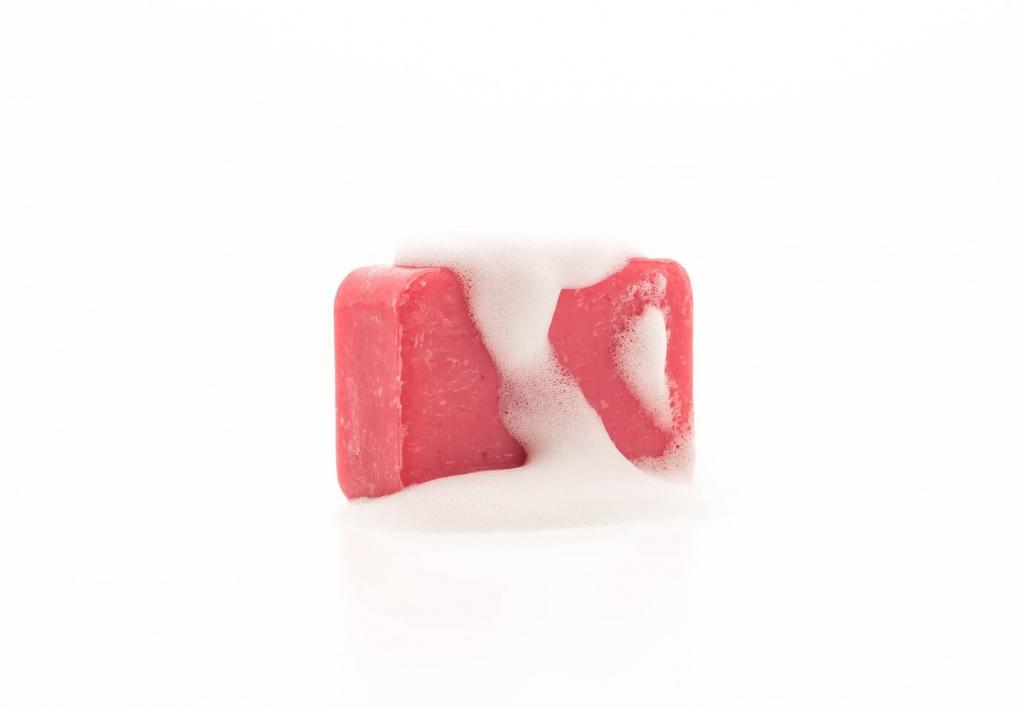Today’s theme: The Impact of Dehydration on Body Functions. From brain fog to a racing heartbeat, dehydration quietly reshapes how your body thinks, moves, and recovers. Join us as we unpack real stories, science-backed insights, and easy rituals to keep your system humming. Share your experiences, ask questions, and subscribe for weekly, practical hydration wisdom.
Water as the Working Medium
Inside every cell, water shapes the viscosity of cytoplasm, the speed of enzyme reactions, and the movement of nutrients and waste. Even mild fluid loss makes metabolic processes less efficient, raising the “cost” of routine functions. Notice afternoon sluggishness? It might be cellular slowdown, not just fatigue. Tell us when you feel it most, and subscribe for practical cues to catch dehydration early.
Electrolyte Balance and Osmotic Pull
Sodium, potassium, and chloride govern the flow of water. When you’re dehydrated, plasma concentration rises and fluid shifts out of cells, impairing signaling and muscle coordination. That twitch in your calf or sudden cramp can be a whisper from your electrolyte balance. What’s your go-to electrolyte strategy on busy days? Drop a tip in the comments to help others experiment safely.
Blood Volume and Circulation
Less fluid means lower blood volume, which burdens your heart to pump harder for the same output. Dizziness standing up, cooler fingers, and fatigue often follow. A reader once wrote about nearly fainting at a summer parade—one bottle of water changed the whole afternoon. Have you had a similar moment? Share it, and let’s build a checklist that works in real life.
Brain, Mood, and Focus: Dehydration’s Silent Cognitive Tax
Research shows even around 1–2% body water loss can reduce attention and working memory. That subtle fog during a late meeting may not be a willpower problem—it might be hydration. Try sipping water before complex tasks for a week and note changes. Share results with us, and subscribe to get our simple focus-and-fluid tracker.
Brain, Mood, and Focus: Dehydration’s Silent Cognitive Tax
Dehydration can constrict blood vessels and sensitize pain pathways, priming headaches or making migraines harder to tame. A reader mapped three weeks of headaches and found a pattern: skipped water after lunch predicted pain by evening. What patterns do you see? Comment with your observations so others can learn from real-life data.






Heart, Pressure, and Rhythm: The Cardiovascular Picture
With lower blood volume, the heart pumps less per beat, so rate often climbs to compensate. That lightheaded step off the bus might simply be your body requesting fluid. Try tracking resting heart rate alongside hydration for a week. Post your patterns, and let’s compare trends together.
Standing up quickly can reveal dehydration: pressure dips, the world tilts, and you steady yourself on a chair. Small, regular sips and a pinch of salt with meals may help some people. What strategies keep you steady on long days? Share your best practices for others to test thoughtfully.
Potassium and magnesium help stabilize the heart’s electrical signals. Dehydration concentrates electrolytes unpredictably, and overhydration can dilute them—both unhelpful extremes. How do you balance fluid with minerals during hot spells? Tell us your approach, and subscribe for balanced, evidence-guided hydration templates.


This is the heading
Lorem ipsum dolor sit amet, consectetur adipiscing elit. Ut elit tellus, luctus nec ullamcorper mattis, pulvinar dapibus leo.

This is the heading
Lorem ipsum dolor sit amet, consectetur adipiscing elit. Ut elit tellus, luctus nec ullamcorper mattis, pulvinar dapibus leo.
